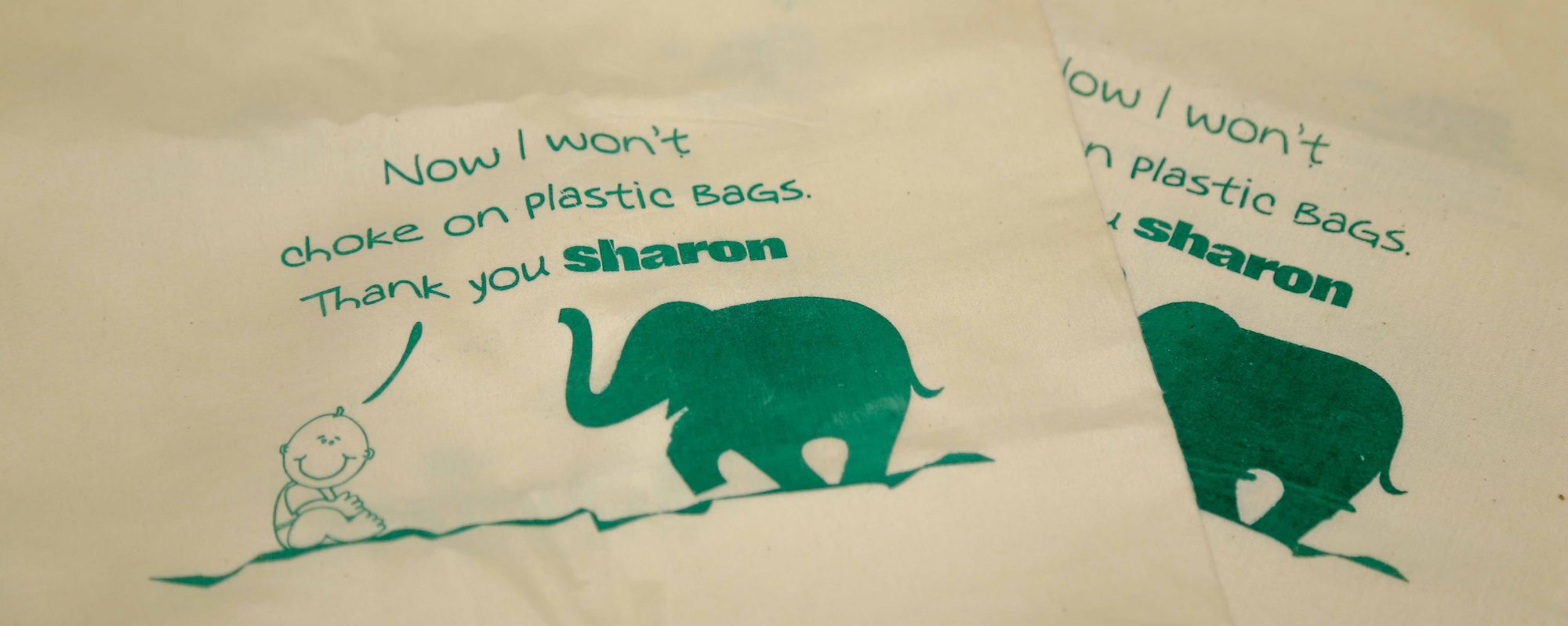Who says cricket is all about entertainment? Since the launch of T20 cricket in 2008, the game has earned the mega-entertainment tag and has inspired several other Premier Leagues for sports, one of them being TNPL. Sharon Ply is TNPL2019 Strength Partner and the company has used this occasion to spread awareness about caring for the environment.
Sharon Ply has put in place one plastic-bottle-shredding each at both the TNPL venues in Dindigul and Tirunelveli. It is to be noted that Sharon Ply has installed these machines at other venues too, earlier this year. Boards have been placed near the Shredding machines to encourage the public to drop PET bottles into the machine. Those who do so are also rewarded with a tree sapling – two birds in one stone.
Sharon Ply uses every opportunity at publicity to also raise awareness about environmental issues. When the company got on board as one of the event sponsors for TNPL, the idea of having this machine at the district venues was mooted to Tamil Nadu Cricket Association. It’s at such places that initiatives like these can be implemented to good effect and TNPL agreed to follow through with the eco-friendly plan.
The crowd in Dindigul and Tirunelveli have warmed up to this idea, with many from the audience flocking to the machine on match-days. The shredder machines offer novelty factor and this draws more people to it. After the TNPL, Sharon Ply plans to locate these machines at public places.
Sharon Ply has also ensured that all the promotional material they distribute at the venues are eco-friendly. The company hopes to distribute around 2000 tree saplings by the end of the TNPL season.














